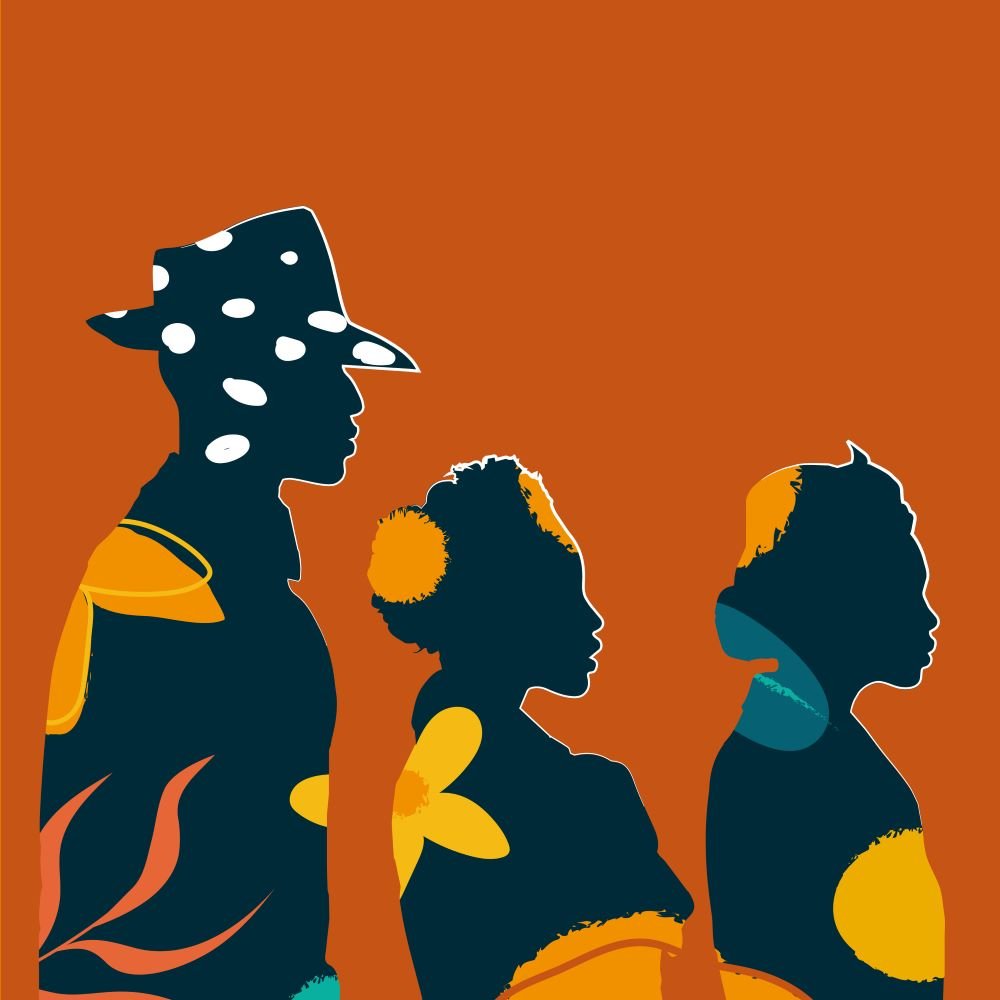Windrush Day: The Languages That Crossed the Ocean
By: Chimdindu Ken-Anaukwu
On June 22, 1948, the HMT Empire Windrush docked at Tilbury Port in Essex, England. Onboard were nearly 500 Caribbean passengers—mostly Jamaican men—invited by the British government to help rebuild a nation ravaged by war.
But they brought more than labor.
They brought patois and pepper soup. They brought calypso, rhythm, and reverence.
They brought dignity in their suitcases, and dreams stitched into second-hand coats.
They brought language.
Why Windrush Still Matters
The "Windrush Generation" came with British passports but were never truly welcomed as British. They were the backbone of the NHS, public transport, and British industry—but faced daily racism, job discrimination, and housing exclusion.
And yet—they persisted.
They built community in the cracks of a cold, foreign system.
And they taught their children to speak with dual tongues: one for survival, the other for pride.
Windrush Day is not just about immigration.
It is about resilience.
About the Caribbean spirit refusing to be silenced.
About how language carries memory, even in exile.
A People, Not Just Passports
Many of these pioneers were fluent in English—but not the Queen’s.
They spoke in patois, Creole, and mother tongues from across the Caribbean basin—languages rooted in Africa, touched by colonization, and reborn in resistance.
They called out to each other in broken tongues—half memory, half invention.
They told stories.
They cooked with ancestral rhythm.
They sang reggae, calypso, ska—lyrics laced with dialect, defiance, and delight.
They were told to assimilate.
But what did they do?
They opened churches that shouted hallelujah! in Jamaican English.
They opened barber shops echoing with Guyanese banter.
They raised children who could switch from BBC English to deep Caribbean dialect without flinching.
Their presence made Britain more than British.
It made it multilingual, multicultural, multi-souled.
Language, Identity, and the Right to Belong
At NKENNE, we teach African and diaspora languages—but Windrush reminds us why we do it.
Because when identity is stripped, language is what remains.
Because for every Caribbean elder whose patois was mocked in British classrooms, there’s a new generation reclaiming it with pride.
Language is not just how we speak. It’s how we remember.
It’s how we heal.
Keep the Flame Alive
Want to explore the African roots of Caribbean languages?
Want to speak the languages Windrush passengers held close to heart—like Yoruba, Twi, or even Nigerian Pidgin?
Start with NKENNE.
The journey continues.


